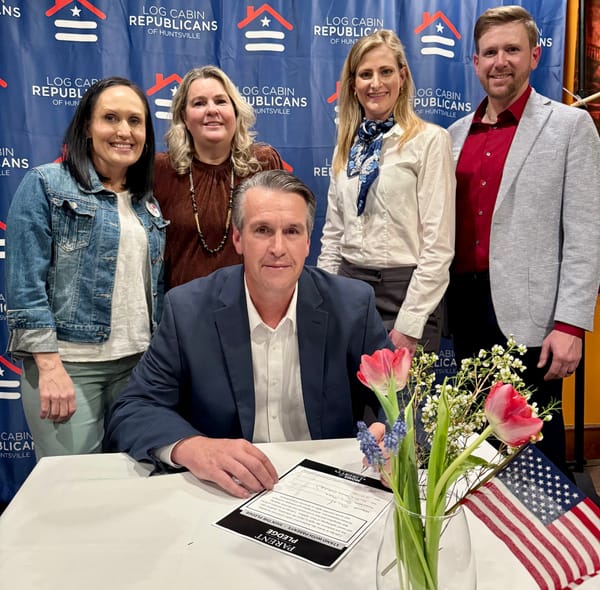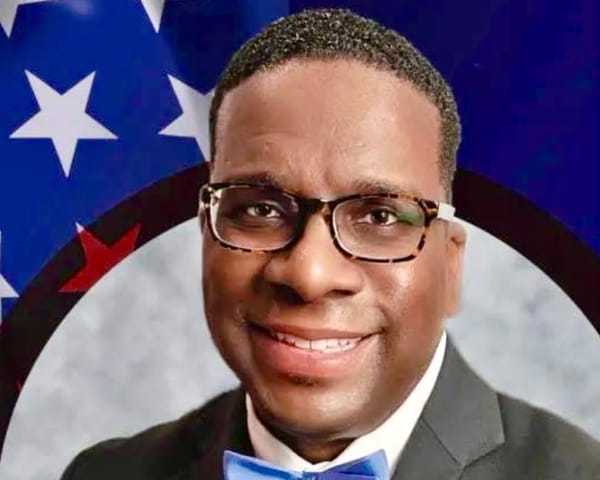Is Birmingham About to Face an Aquapocalypse?
Atlanta’s pre-2024 crisis situation closely resembles the BWWB’s current state

Birmingham is grappling with a significant water infrastructure crisis, raising concerns about a potential "Aquapocalypse" like Atlanta experienced in 2024. The Birmingham Water Works Board (BWWB) has reported staggering water losses, nearly 50% by some estimates, from leaking pipes and aging infrastructure.
Comparisons to Atlanta's recent water system crisis—the Aquapocalypse—are inevitable and appropriate.
In Atlanta, a series of major water main breaks in 2024 left thousands without water for days, highlighting the city's aging infrastructure. In response, Atlanta Mayor Andre Dickens announced a comprehensive 20-year, $2 billion plan to modernize the city's water system. This initiative, known as the Atlanta Drinking Water Renewal and Replacement Program, intends to replace approximately 4,000 miles of outdated pipes and implement advanced technologies for leak detection and system monitoring.
Birmingham's situation closely resembles Atlanta's pre-crisis conditions, with reports showing significant water losses due to leaking pipes and old infrastructure. However, unlike Atlanta, the BWWB has yet to announce a comprehensive plan to address these issues. This lack of proactive measures raises concerns about the BWWB’s preparedness to handle potential infrastructure failures and water supply disruptions.
Mounting concerns about the Birmingham Water Works Board’s ability to address this looming crisis, as well as the history of the BWWB itself, were among the factors leading Alabama legislators to pass SB330 in the 2025 session. SB330 restructured the BWWB, introduced background and ethics requirements for Board members, and mandated high levels of transparency in the Board’s decision- making processes.
To say the implementation of SB330 has not gone smoothly would be an understatement.
However, as Birmingham faces mounting pressure to modernize its water infrastructure, the new Board may look to Atlanta's response as a model for addressing such challenges. Implementing a long-term, well-funded plan that incorporates advanced technologies and expert guidance could be crucial in preventing a water crisis and ensuring a reliable water supply for BWWB’s customers.
With over three-quarters of a million residents of Jefferson, Shelby, Blount and St. Clair Counties receiving their water from the BWWB—only about a quarter of whom live within the City of Birmingham proper—this can truly be considered a regional issue with potential statewide impact.
Birmingham's current water infrastructure issues highlight the need for immediate action to prevent a potential "Aquapocalypse." By learning from Atlanta's experience and investing in comprehensive infrastructure improvements, the BWWB can work towards securing the area’s water future and avoiding the severe consequences of inaction.
Central Alabama does NOT need its own Aquapocalypse.




